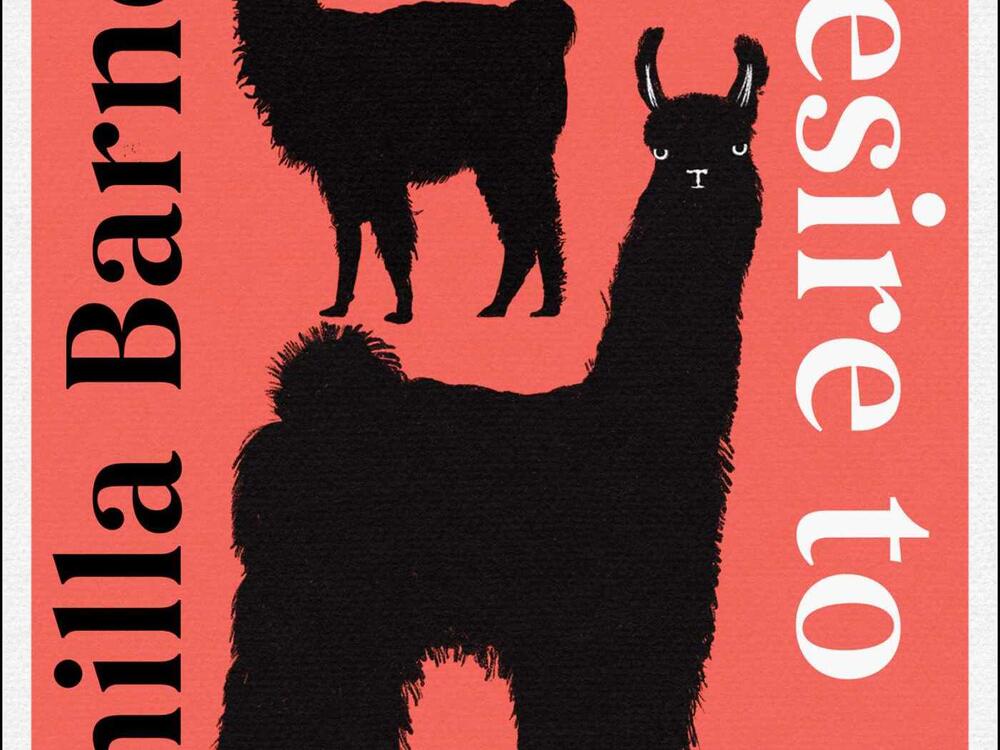Section Branding
Header Content
These 2 funny books give readers a reason to smile in tough times
Primary Content
[npr_image:g-s1-57777]
As the saying goes: "It's a marathon, not a sprint." And what better way to maintain stamina and mental equilibrium during tense times than a dose of wit? Two women writers — one a long-deceased legend; the other a debut novelist — give readers reason to keep calm and smile on.
In my house, every time the mail brings a dread notice from, say, the Department of Motor Vehicles, one of us humans is bound to mutter, "What Fresh Hell Is This?" If, for nothing else but that line, Dorothy Parker is a demigod. But, of course there's plenty else.
In her poems, short stories and surgical knife-sharp reviews for magazines like Vanity Fair and The New Yorker, Parker brought into being one of the signature voices of the 1920s: wry, risqué and hardboiled, swaddled in a cocoon coat of humor.
It's been said, rightly, I think, that Parker's wit can't be fully appreciated by reading her; you had to have been at one of those boozy Algonquin Round Table lunches to marvel at how quickly she whipped out one-liners. But, perhaps the closest we can come is reading her poetry, which like so many works of the 1920s is short.
The Everyman's Library has just brought out a pocket edition of her work, called Poems, which is culled from Parker's bestselling collections Enough Rope and Sunset Gun. A lot of her poems are rueful odes to how tough it was for a smart, celebrated literary woman to find love. So how fun to discover other, lesser known poems that are sassier. Here's one called "Fighting Words" that veers away from female martyrdom:
Say my love is easy had,
Say I'm bitten raw with pride,
Say I am too often sad, —
Still behold me at your side.
Say I'm neither brave nor young,
Say I woo and coddle care,
Say the devil touched my tongue, —
Still you have my heart to wear.
But say my verses do not scan,
And I get me another man!
If Parker's voice embodies the wise-cracking ethos of the 1920s, the humor of British-born novelist Camilla Barnes is more in the droll, psychologically astute tradition of a Barbara Pym novel. Barnes' debut is called The Usual Desire to Kill. It's what two sisters here, Charlotte and Miranda, acknowledge that that's what they feel whenever they visit their eccentric, exhausting, retired parents at their tumbledown farmhouse in rural France.
Mum, a homemaker, is described by Miranda as looking like: "a piece of low-slung Victorian furniture." Dad, a former philosophy professor, lives in his head. Here's Miranda talking about her father's way of relating to the ducks, cats, chickens and llamas who live on the farm:
They were not pets, ... He didn't interfere in their lives, in the same way he didn't interfere in his daughters' lives. He was just not very good at being interested in other living creatures, particularly if they only had two legs. The more legs the better, he would say. He would be happier living with a spider than with Mum, if the spider could cook. A millipede would be paradise.
The pair met in Oxford in the early '60s and married after their first real date resulted in an unplanned pregnancy. For more than 50 years, they've been nattering at each other, sunk deep into a marriage that Miranda describes as "a game of stubbornness versus pedantry."
The constant pleasure of reading The Usual Desire to Kill is Barnes' unexpected language. A bed with a hard mattress is likened to "sleeping on old toast"; dried eggs, which the father recalls eating during World War II, are said to have tasted "a bit like dandruff." But, as the story of their parents' lives comes to the fore through old letters and other narrative devices, it's evident that, much as Charlotte and Miranda have always felt unseen by their odd parents, they, in turn, don't really know those parents — not in full. None of us do, given that we mostly only hear selective stories of our parents' early lives.
The sharpest humor is always grounded in some pain: Parker and Barnes both affirm that familiar truth. Reading these very different, very funny books boosted my spirits and lowered my tight shoulders.

